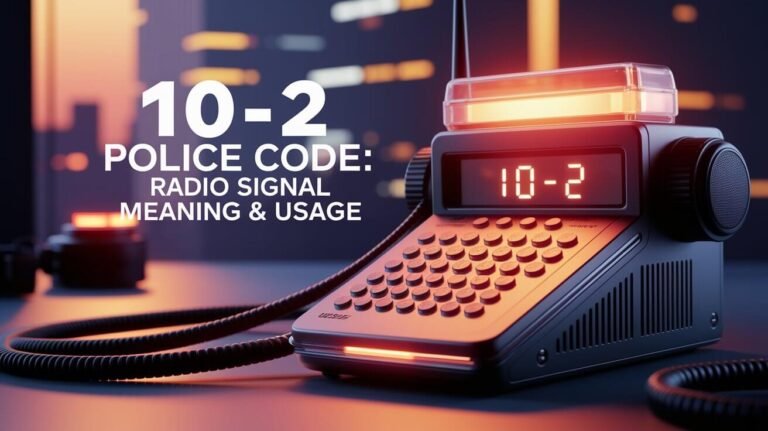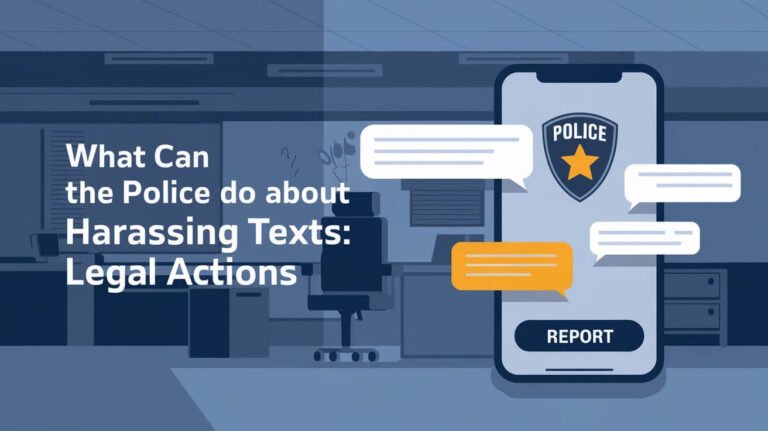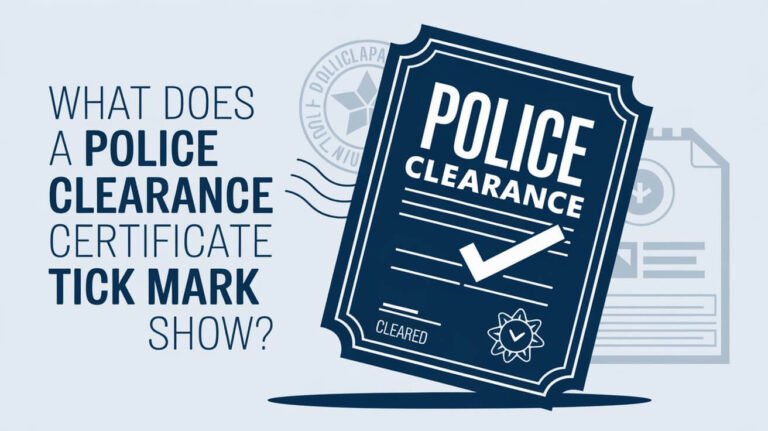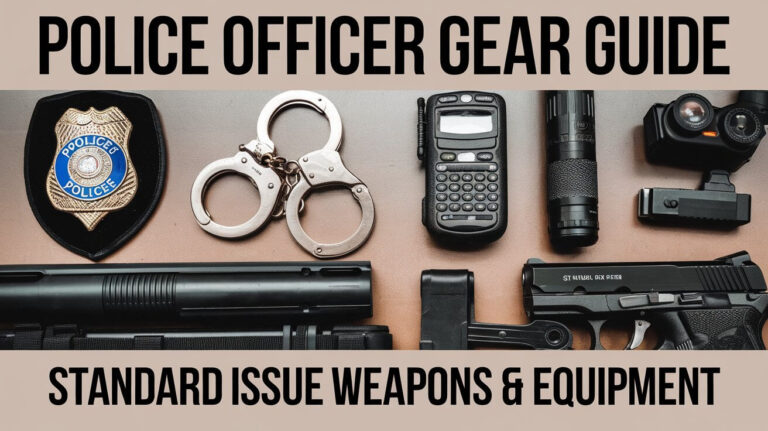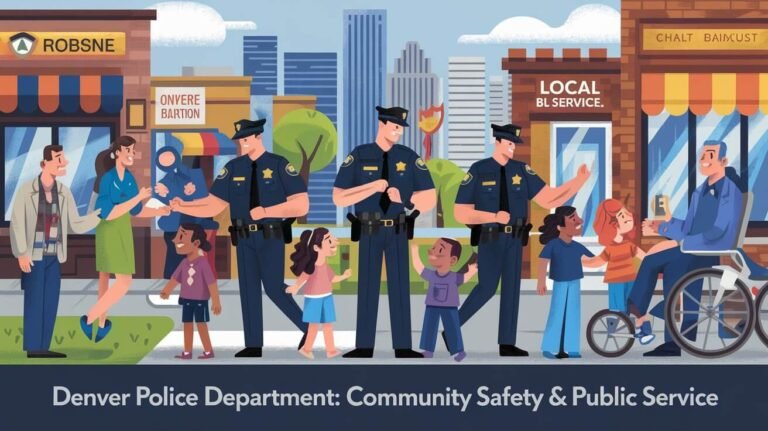How to Become a Police Dispatcher: Your Complete Guide
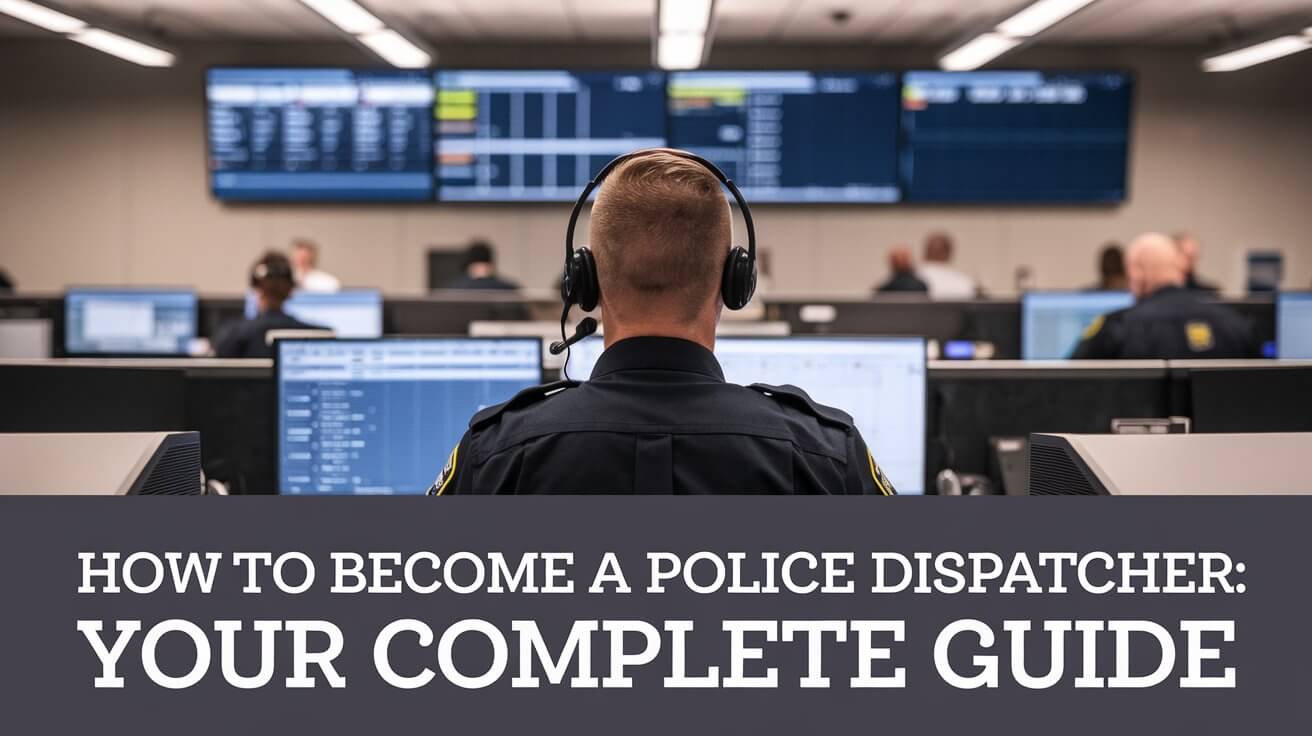
Becoming a police dispatcher is a great way to help your community. You’ll need a high school diploma and good communication skills. The job can be stressful, so you must stay calm under pressure. To get hired, you’ll apply for open jobs, pass checks and tests, and finish special training. Dispatchers connect people who need help with police, firefighters, and medics. It’s an important job that can save lives. This article explains how to become a dispatcher and what the job is like.
The Role of a Police Dispatcher
Key Responsibilities
Police dispatchers are the unsung heroes of emergency services. They:
- Answer 911 calls and gather critical information
- Coordinate emergency responses
- Provide pre-arrival instructions to callers
- Monitor radio communications
- Update and maintain incident records
Skills Required for Success
To excel as a police dispatcher, you’ll need:
- Excellent communication skills
- Ability to stay calm under pressure
- Strong multitasking abilities
- Good judgment and decision-making skills
- Proficiency in using computer-aided dispatch systems
Educational Requirements for Police Dispatchers
High School Diploma or Equivalent
Most police dispatcher positions require at least a high school diploma or GED. This baseline education ensures you have the fundamental skills needed for the job.
Benefits of Higher Education
While not always required, pursuing higher education can give you an edge:
- Associate’s degree in criminal justice or public safety
- Bachelor’s degree in communications or emergency management
These degrees can enhance your understanding of the field and improve your job prospects.
Essential Skills for Aspiring Police Dispatchers
Communication Skills
Clear, concise communication is the cornerstone of a dispatcher’s job. You must:
- Speak clearly and calmly
- Listen actively and attentively
- Convey information accurately under pressure
Multitasking Abilities
Police dispatchers often juggle multiple tasks simultaneously:
- Managing multiple calls
- Coordinating with various emergency units
- Updating incident information in real-time
Developing strong multitasking skills is crucial for success in this role.
Stress Management
The high-stakes nature of emergency calls can be stressful. Effective stress management techniques are essential:
- Deep breathing exercises
- Regular physical activity
- Seeking support from colleagues and professionals
The Application Process
Finding Job Openings
To start your career as a police dispatcher:
- Check local government websites for openings
- Visit job boards specializing in public safety positions
- Network with current dispatchers or attend job fairs
Preparing Your Application
When applying:
- Tailor your resume to highlight relevant skills
- Write a compelling cover letter explaining your interest in the role
- Gather references from previous employers or teachers
Pre-Employment Testing
Written Exams
Many agencies require applicants to pass a written exam testing:
- Reading comprehension
- Problem-solving skills
- Basic math abilities
- Memory and recall
Typing Tests
Fast, accurate typing is crucial. Most agencies require:
- Minimum typing speed of 35-40 words per minute
- High accuracy rate
Psychological Evaluations
Given the high-stress nature of the job, psychological evaluations are common:
- Personality assessments
- Stress tolerance tests
- Emotional stability evaluations
Background Checks and Security Clearance
Criminal History Screening
A clean criminal record is typically required. Agencies will check:
- Federal and state criminal databases
- Driving records
- Credit history
Drug Testing
Most agencies have a zero-tolerance drug policy. Expect:
- Pre-employment drug screening
- Random drug tests throughout your career
Training Programs for Police Dispatchers
Basic Dispatcher Courses
Once hired, you’ll undergo intensive training:
- Classroom instruction on policies and procedures
- Hands-on practice with dispatch equipment
- Scenario-based training for emergency situations
On-the-Job Training
After completing basic training, you’ll work alongside experienced dispatchers:
- Shadowing senior dispatchers
- Gradual increase in responsibilities
- Regular performance evaluations
Certification Requirements
State-Specific Certifications
Many states require dispatchers to obtain certification:
- Emergency Medical Dispatch (EMD) certification
- Basic Telecommunicator certification
Requirements vary by state, so check your local regulations.
National Certifications
National certifications can enhance your credentials:
- APCO’s Public Safety Telecommunicator 1 Certification
- NENA’s Emergency Number Professional (ENP) Certification
These demonstrate your commitment to the profession and can lead to career advancement.
Career Advancement Opportunities
Supervisory Roles
With experience, you can advance to:
- Shift supervisor
- Training coordinator
- Operations manager
Specializations in Emergency Services
You might choose to specialize in:
- Fire dispatch
- EMS dispatch
- Tactical dispatch for SWAT operations
Specializing can lead to higher pay and more diverse career opportunities.
Salary and Job Outlook for Police Dispatchers
Average Salaries Across the U.S.
Police dispatcher salaries vary based on location and experience:
- Entry-level positions: $30,000 – $40,000 per year
- Experienced dispatchers: $45,000 – $60,000 per year
- Supervisory roles: $60,000 – $80,000 per year
Job Growth Projections
The job outlook for police dispatchers is stable:
- Projected growth of 6% from 2021 to 2031
- Increasing population and expanding emergency services drive demand
Challenges and Rewards of Being a Police Dispatcher
Handling High-Stress Situations
Police dispatchers face unique challenges:
- Dealing with life-or-death emergencies
- Managing high call volumes during crises
- Coping with the emotional toll of difficult calls
Making a Difference in Your Community
Despite the challenges, the job offers significant rewards:
- Helping people in their most critical moments
- Supporting first responders in saving lives
- Contributing to public safety and community well-being
Tips for Success in Your Police Dispatcher Career
Continuing Education
Stay updated with the latest industry developments:
- Attend workshops and conferences
- Pursue advanced certifications
- Stay informed about new technologies in emergency communications
Networking in the Field
Building professional relationships can enhance your career:
- Join professional organizations like APCO or NENA
- Participate in industry events and forums
- Connect with colleagues from other agencies
Conclusion
Becoming a police dispatcher is a challenging but rewarding journey. It requires dedication, strong communication skills, and the ability to perform under pressure. By following the steps outlined in this guide – from meeting educational requirements to pursuing certifications and ongoing training – you’ll be well-prepared to embark on this crucial public safety career.
As a police dispatcher, you’re the initial emergency contact, crucial in safeguarding your community. This role brings challenges and the rewarding knowledge that you positively impact lives daily.
Research opportunities in your area and prepare for the application process. Build determination and the right skills. You can develop a fulfilling career as a police dispatcher. Be the calm voice that guides the public and first responders through critical situations.

